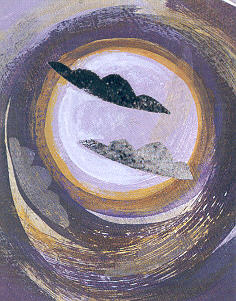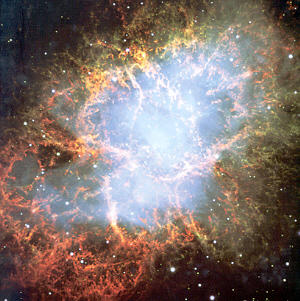...He again used the Eastern comparison of man with a carriage, horse, driver, and master..
...Man is a complex organization consisting of four parts which may be connected or unconnected, or badly connected. The carriage is connected with the horse by shafts, the horse is connected with the driver by reins, and the driver is connected with the master's voice. But the driver must hear and understand the master's voice. He must know how to drive and the horse must be trained to obey the reins. As to the relation between the horse and the carriage, the horse must be properly harnessed. Thus there are three connections between the four sections of this complex organization. If something is lacking in one of the connections, the organization cannot act as a single whole. The connections are therefore no less important than the actual 'bodies.' Working on himself man works simultaneously on the 'bodies' and the 'connections.' But it is different work...
...As you see, there exist four quite different situations. In one case all the functions are controlled by the physical body. It is active; in relation to it everything else is passive. In another case the second body has power over the physical. In the third case the 'mental' body has power over the 'astral' and the physical. And in the last case the fourth body has power over the first three. We have seen before that in man of physical body only, exactly the same order of relationship is possible between his various functions. The physical functions may control feeling, thought and consciousness. Feeling may control the physical functions. Thought may control the physical functions and feeling. And consciousness may control the physical function, feeling, and thought.
In man of two, three, and four bodies, the most active body also lives the longest, that is, it is 'immortal' in relation to a lower body.
This is ordinary man, man number one, two, three and four. He has only the physical body. The physical body dies and nothing is left of it. The physical body is composed of earthly material and at death it returns to earth. It is dust to dust and it returns. It is impossible to talk of any kind of 'immortality' for a man of this sort. But if a man has the second body, this body is composed of material of the planetary world and it can survive the death of the physical body. It is not immortal in the full sense of the word, because after a certain period of time it also dies. But at any rate it does not die with the physical body.
If a man has a third body, it is commposed of material of the sun and it can exist after the death of the 'astral' body.
it is composed of material of the starry world, that is, of material that does not belong to the solar system, and therefore, if it has crystallized within the limits of the solar system there is nothing within this system that could destroy it. This means that a man possessing the fourth body is immortal within the limits of the solar system.
You see, therefore, why it is impossible to answer at once the question: Is man immortal or not? One man is immortal, another is not, a third tries to become immortal, a fourth considers himself immortal and is, therefore, simply a lump of flesh.
From "In Search of the Miraculous" p91-94

May humanity raise to it's highest potentials. And so it is! Amen.
Lovebeams, Teo

 Thank you again Teo.
Thank you again Teo.






